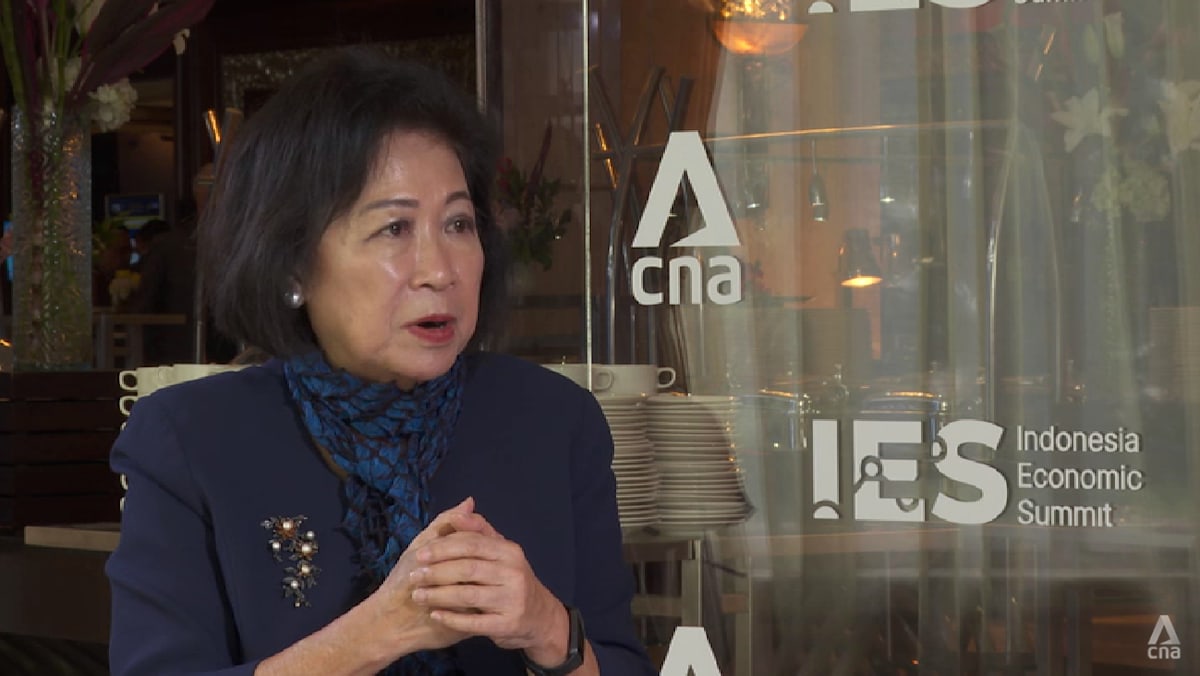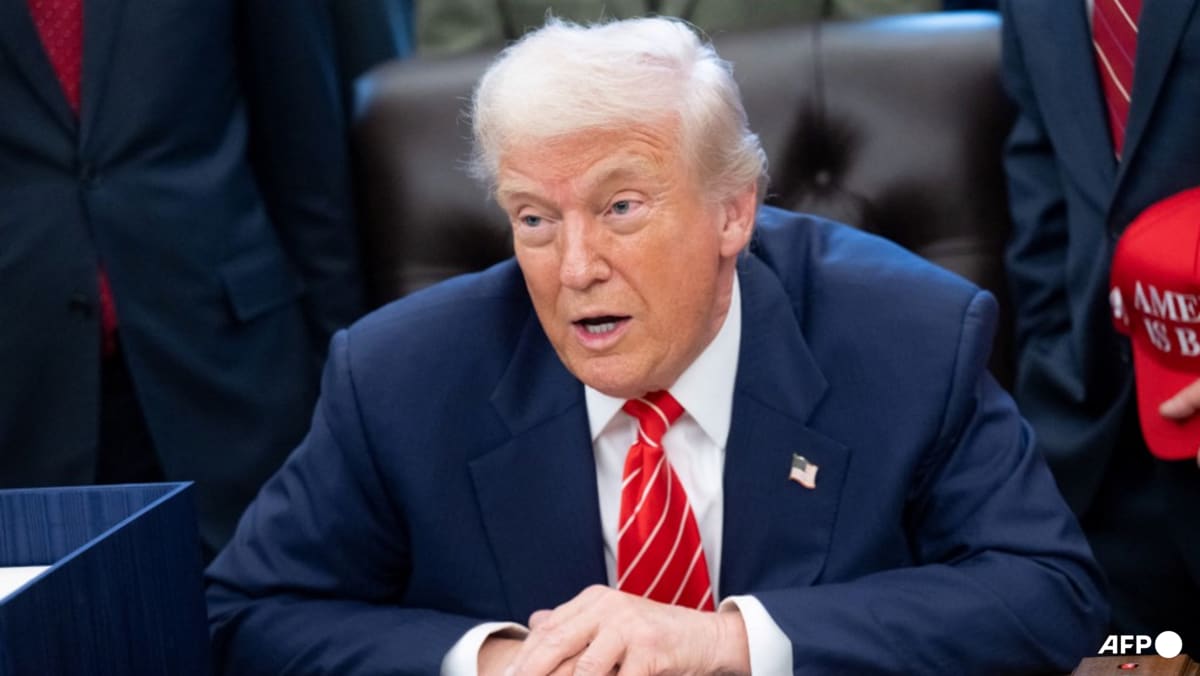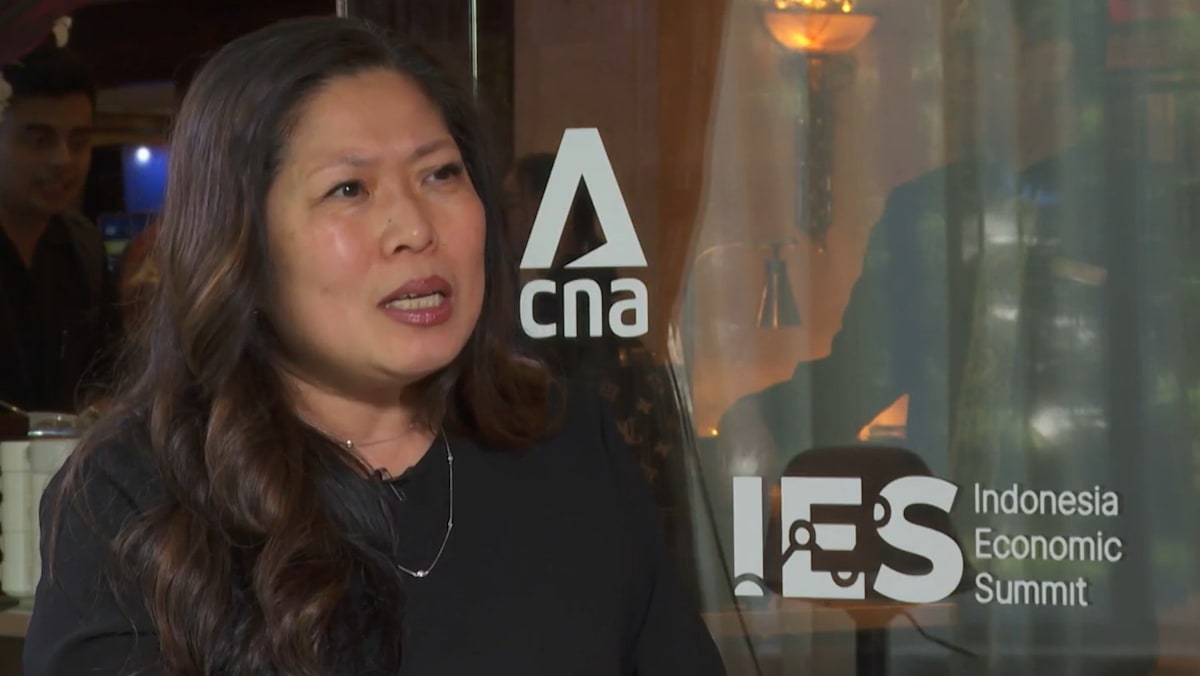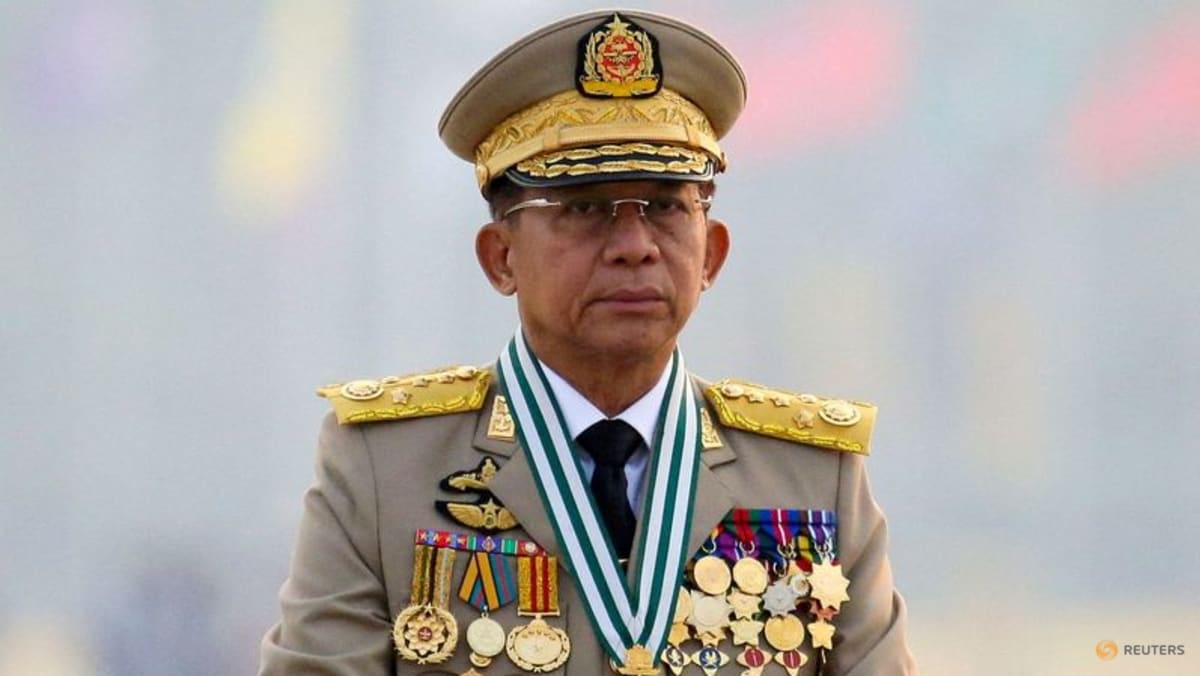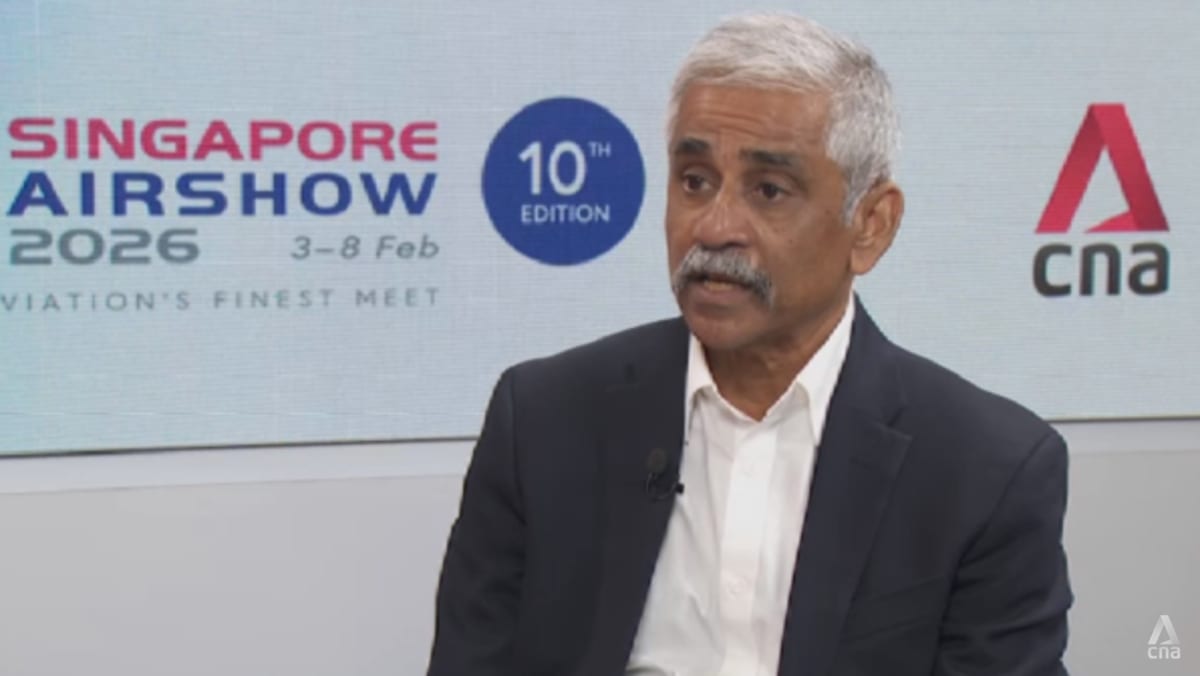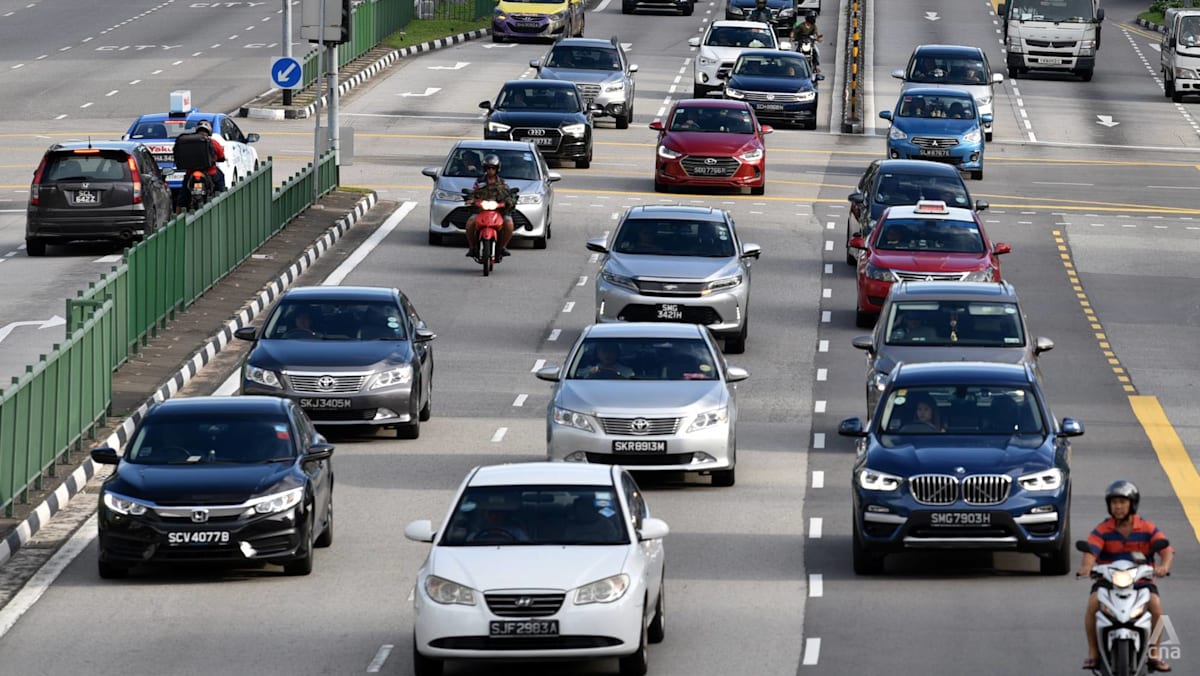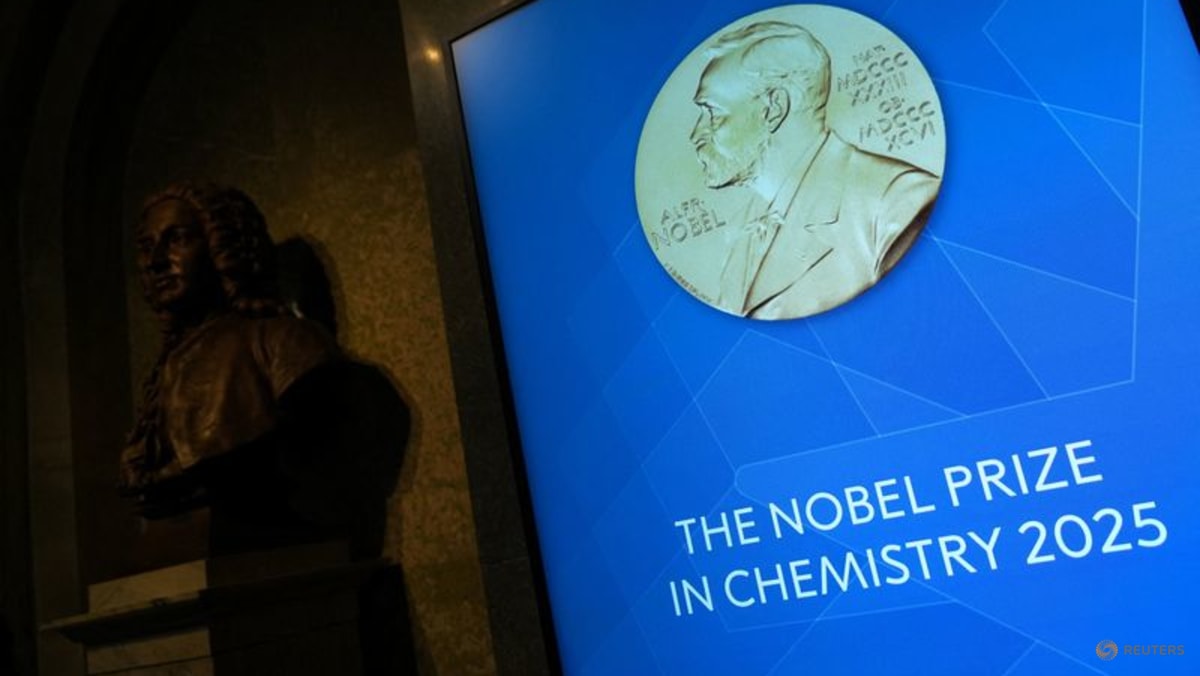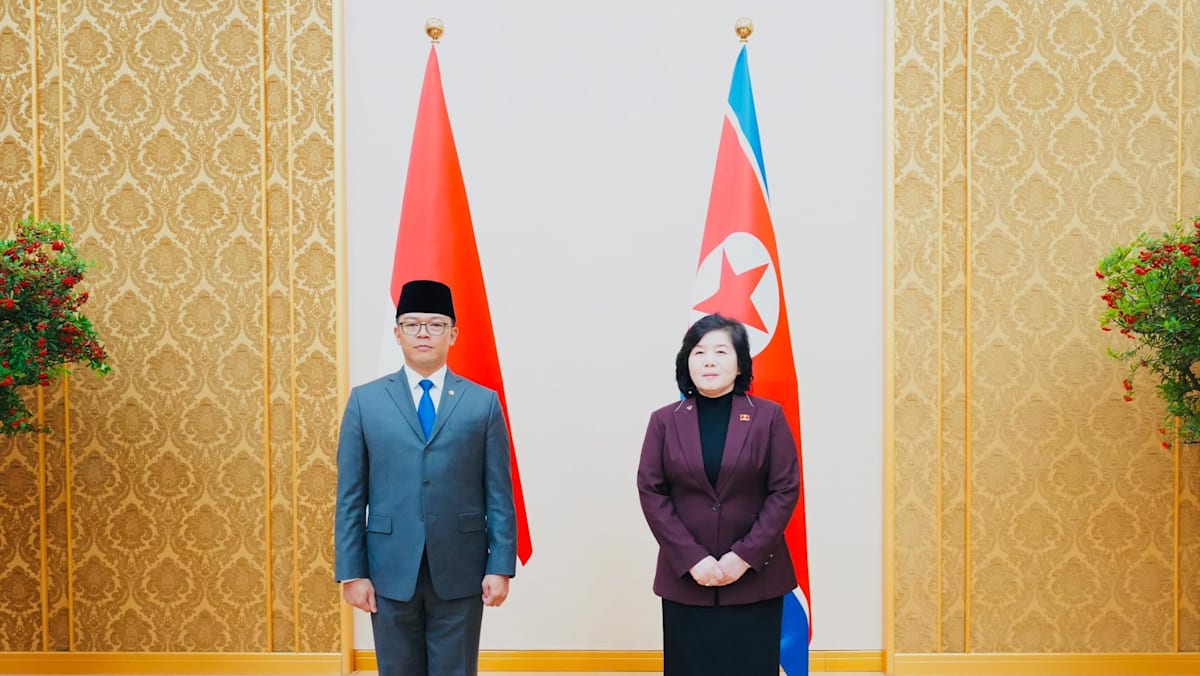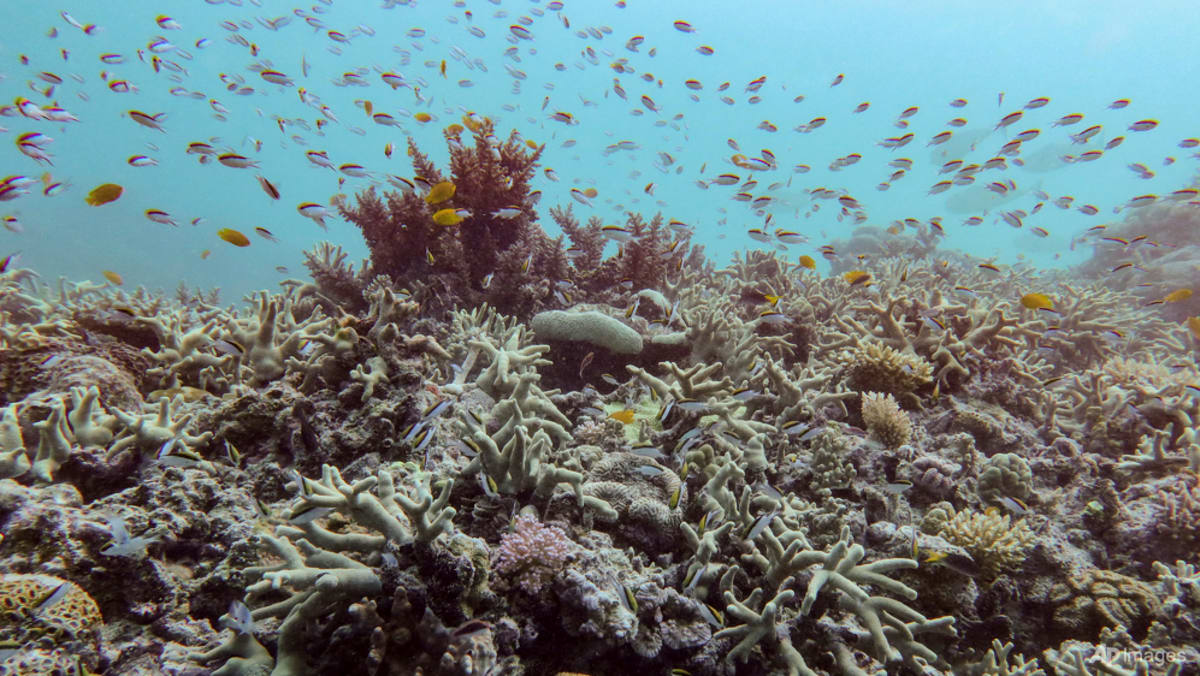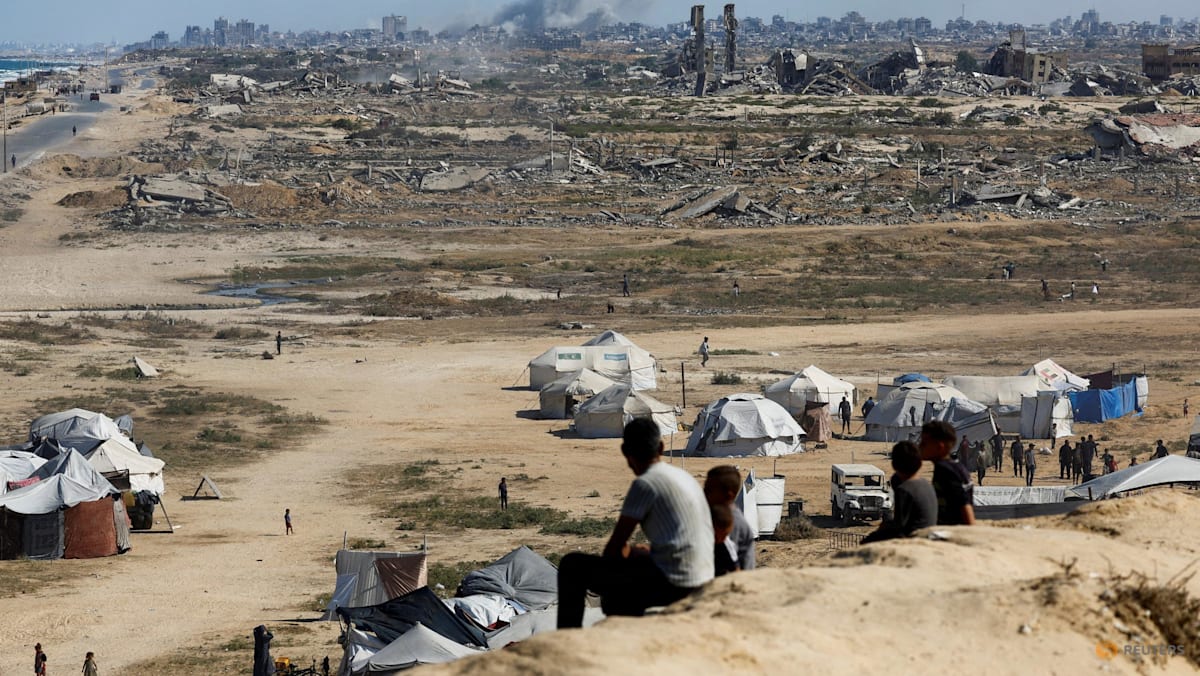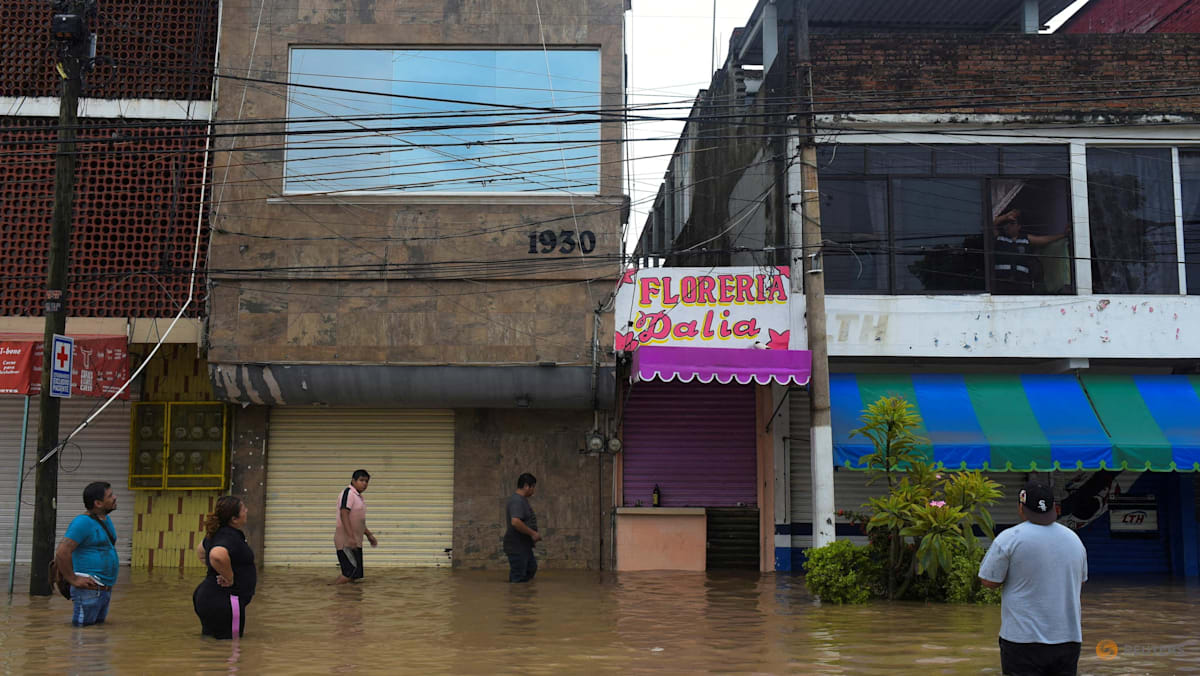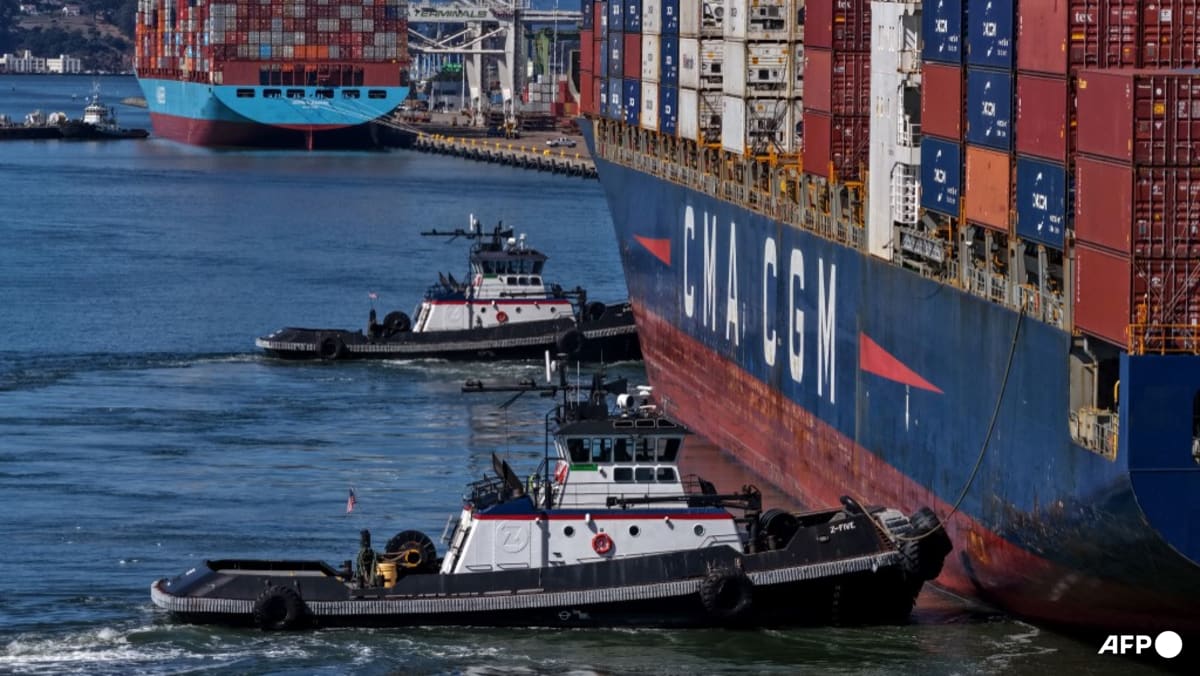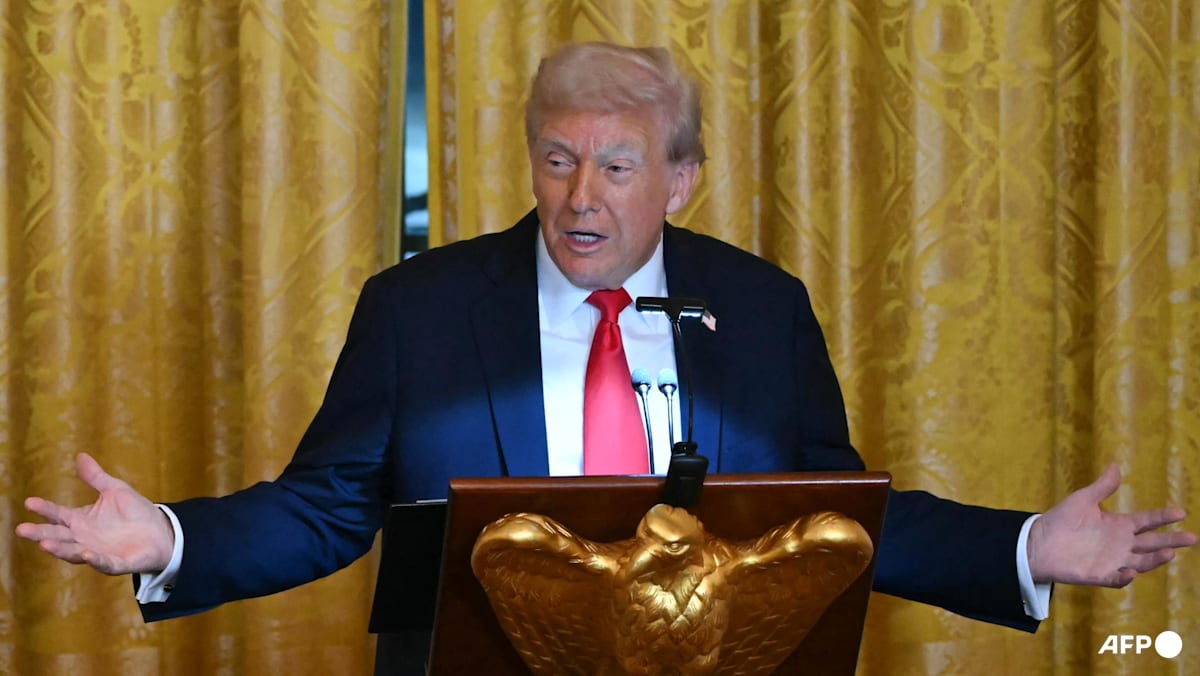KUALA LUMPUR: The Regional Comprehensive Economic Partnership (RCEP) will need to stay open and be fully implemented if it is to continue achieving its full potential, said Singapore’s Prime Minister Lawrence Wong on Monday (Oct 27).
Speaking at the 5th RCEP Summit held at the 47th Association of Southeast Asian Nations (ASEAN) Summit in Kuala Lumpur, Mr Wong emphasised the importance of regional economic cooperation in times of uncertainty.
"In this uncertain environment, it is more important than ever for our economies to come together, to show that free trade can deliver for our people and bring shared prosperity to our region," he said.
RCEP, which came into effect in 2022, is the world's largest trade bloc. Its members are the 10 ASEAN countries, as well as China, South Korea, Japan, Australia and New Zealand.
With the multilateral rules-based trading system under pressure, RCEP "keeps alive the promise that countries can achieve more together than alone", the prime minister said.
It has brought about "real benefits", such as lowering tariffs and harmonising trade rules, he added.
“In doing this, the RCEP sends a very clear and important signal that we have a stake in each other’s development, that we are committed to rules-based trade … and importantly, that we are committed to keeping the (World Trade Organization) at the core of our multilateral trading system,” Mr Wong said.
Singapore is deeply committed to the RCEP, he added, outlining three key priorities for maximising the trade agreement's impact.
First, members need to ensure “the full and effective implementation” of the trade pact by continuing work on issues where consensus was not reached at the conclusion of negotiations.
One such issue is tariff differentials, which is when the same good receives different tariff rates when imported from different countries.
Mr Wong noted that some businesses have cited this as an obstacle to utilising RCEP and members should resolve this expeditiously, alongside other outstanding issues.
Second, he called for RCEP to stay open and be prepared for expansion, such as the inclusion of new economies so long as they meet requirements and standards.
Third, members should continue to improve the trade pact, Mr Wong said, noting that he agreed with comments from fellow leaders on the need for more ambitious services commitments and new rules to cover emerging areas like green and digital economies.
“Singapore looks forward to working with participating countries to review the RCEP in 2027, as set out in the agreement, so that we can continue to improve and enhance the RCEP,” he said.
Earlier at the ASEAN Plus Three meeting on Monday – which includes ASEAN member states with China, Japan and South Korea – Mr Wong also touched on the importance of regional collaborations.
For example, he highlighted ASEAN's pursuit of a Digital Economy Framework Agreement aimed at spurring deeper digital cooperation across the region.
This provides opportunities for China, Japan and South Korea whose “advanced capabilities” put them in a good position to participate in the growth of this sector. More can also be done in the areas of green finance and clean energy, as ASEAN develops a regional power grid, he noted.
Mr Wong also called for quicker economic integration and stronger regional mechanisms and safety nets, such as the Chiang Mai Initiative Multilateralism for financial stability and the ASEAN Plus Three Macroeconomic Research Office for early warning capabilities.
The ASEAN Plus Three mechanism has thus far delivered "tangible benefits", from enhanced regional safety nets to stronger supply chains and better health security, said Mr Wong.
“The … positive agenda and track record puts us in a good position to navigate an increasingly unpredictable and challenging global environment,” he added.





